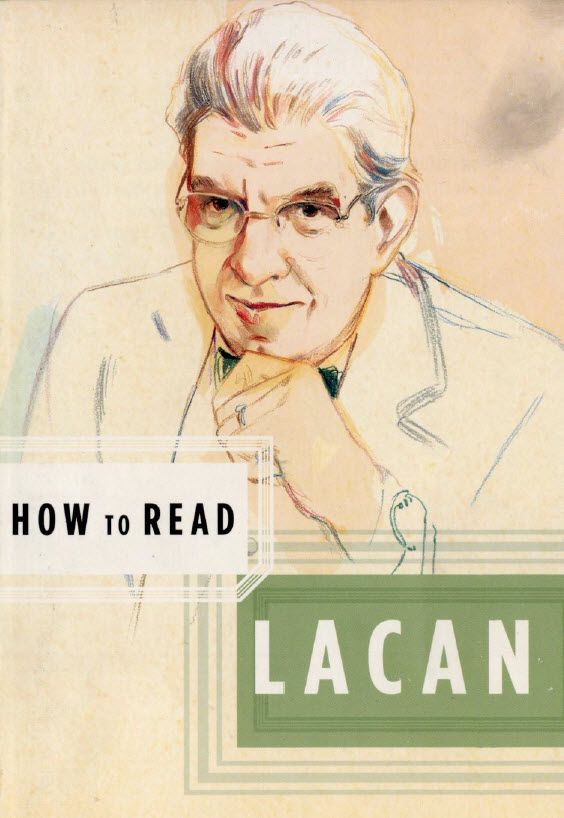
The enjoyment of women, both in the sense of object and subject, is a powerful political and cultural construct.

To understand BDSM in Califia’s story, the Lacanian imaginary/real/symbolic triad is employed, serving first as a framework to dispel the Deleuzean miscomprehension of masochism, and then as a way to fully grasp Califia’s perverted world. As explicated through Lacan and Califia, an understanding of BDSM practice also helps to reveal the underlying erotic structure of forms of contemporary politics such as fundamentalism and liberalism.

A Lacanian reading of an experientially grounded representation of BDSM, as conveyed in the stories of Califia, allows us to dispel the Deleuzean misunderstanding of perversion and bypass a two-dimensional portrayal of the power relation between sadists and masochists. Following this, many critics argue for a subversive nature in perversion, and misperceive the dynamics of sadism and masochism.

The final section of this essay, through interpreting films like The Truman Show and Fight Club, relates conspiracy and paranoid-cynical subjectivity to contemporary society of enjoyment and examines the difficulty, if not impossibility, of desiring, free choice and ethico-political agency under the impact of the pervasive superegoic commands to transgress and enjoy.įull text: Based on his reading of Sacher-Masoch’s Venus in Furs, Deleuze claims that one aspect of masochism is the repudiation of the father. Accordingly, whether paranoid cynicism transgresses or supports the dominant power system and status quo is brought into discussion.

Then, paranoid-cynical subjectivity is analyzed in light of Žižek's theory of ideological fantasy, which highlights how ideology grips the subject through the structuration of enjoyment and the split of belief and actions. The whole essay starts with Freud's clinical, theoretical assessment and Lacan's later reconceptualization of Schreber's case of paranoia in order to examine the relevance or irrelevance of the category " paranoia " to contemporary cultural, political analyses, and how its analytical value of properly psychoanalytic origin has been distorted, undermined or redefined. This essay offers a critical study of contemporary culture of conspiracy.


 0 kommentar(er)
0 kommentar(er)
